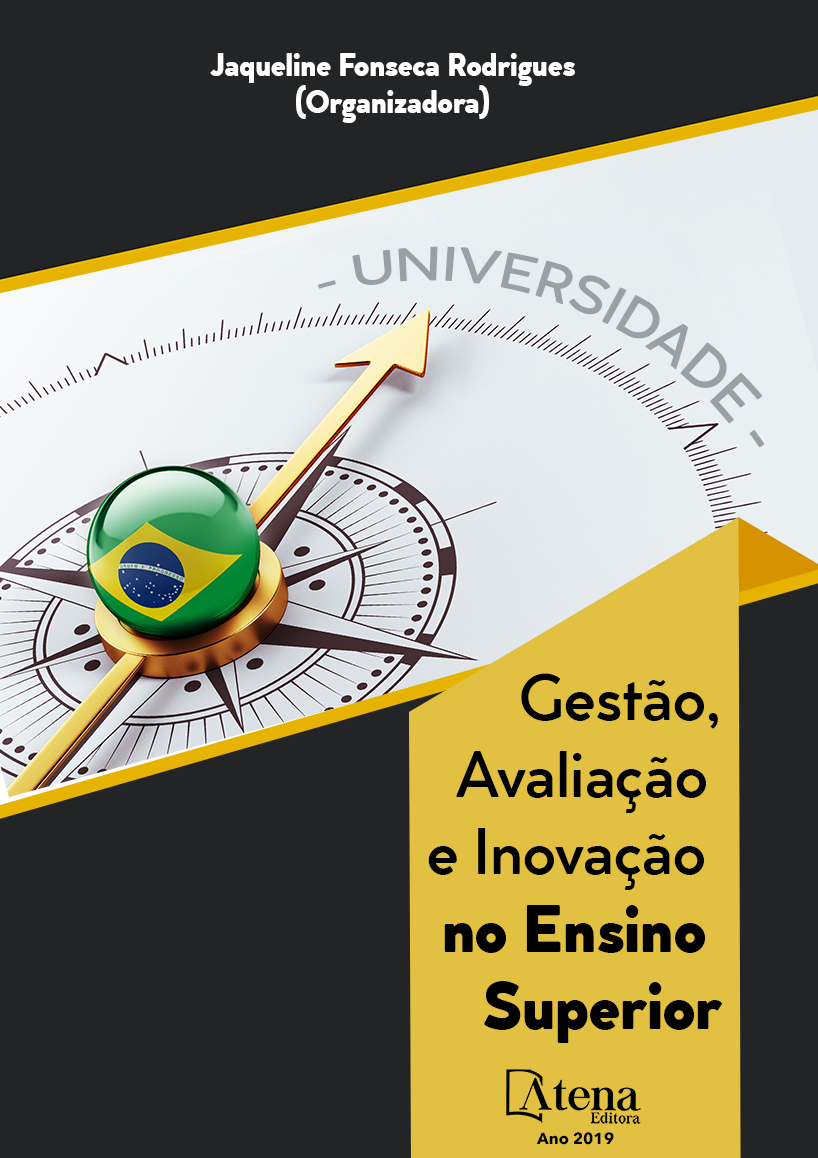
O ENSINO HÍBRIDO E A RECONFIGURAÇÃO DO TRABALHO DOCENTE
O presente estudo tem por objetivo
analisar o perfil docente para atuação no
ensino híbrido e refletir sobre as possibilidades
de capacitações para a docência nesse
cenário. A investigação utilizou o método
indutivo, caracterizando-se como uma
pesquisa descritiva, de abordagem qualitativa
e quantitativa, com dados coletados em
relatórios do ambiente virtual de aprendizagem
Moodle utilizado na IES, documentos e fontes
bibliográficas. A relevância do tema consiste
na necessidade de reflexão sobre o trabalho
docente no contexto do ensino híbrido e
sobre o uso da tecnologia nos processos
de ensino e aprendizagem. Verifica-se que
o ensino híbrido, sob a ótica aqui analisada
impõe o desenvolvimento de habilidades e
competências tecnológicas, quanto ao uso
de ferramentas digitais e demanda um novo
perfil na atuação docente. A reconfiguração
do trabalho docente passa por reconhecer as
inovações tecnológicas aplicadas à educação,
pelo conhecimento e utilização de metodologias
ativas e colaborativas de aprendizagem e pela
transição do protagonismo do professor para
o papel de protagonismo do aluno. Conclui-se
que existe a necessidade de cada instituição
desenvolver a preparação do corpo docente
considerando as características específicas do
seu contexto e que a sugestão do formato de
capacitação docente para atuação no ensino
híbrido, aqui apresentado, tem origem na
vivência da autora na implantação do modelo
em uma Instituição Comunitária de Ensino
Superior.
O ENSINO HÍBRIDO E A RECONFIGURAÇÃO DO TRABALHO DOCENTE
-
DOI: 10.22533/at.ed.87419081018
-
Palavras-chave: Ensino híbrido. Tecnologia. Capacitação docente.
-
Keywords: Hybrid teaching. Technology. Teacher training.
-
Abstract:
The present study aims to analyze
the teaching profile to act in the hybrid education
and to reflect on the possibilities of training for
teaching in this scenario. The research used
the inductive method, characterizing itself as
a descriptive research, with a qualitative and
quantitative approach, with data collected
in reports of the virtual Moodle learning
environment used in the IES, documents and
bibliographic sources. The relevance of the
theme consists in the need to reflect on the
teaching work in the context of hybrid teaching
and on the use of technology in teaching
and learning processes. It is verified that the
hybrid teaching, from the point of view analyzed here, requires the development of
technological skills and competences, regarding the use of digital tools and demands a
new profile in the teaching performance. The reconfiguration of teaching work involves
recognizing the technological innovations applied to education, through the knowledge
and use of active and collaborative learning methodologies, and through the transition
from the protagonism of the teacher to the student's leading role. It is concluded that
there is a need for each institution to develop the preparation of its faculty considering
the specific characteristics of its context and that the suggestion of the format of teacher
training to act in the hybrid teaching, presented here, originates in the experience of the
author in the implantation of the model in a Community Institution of Higher Education.
-
Número de páginas: 15
- CHRISTIAN GUIMARÃES SEVERO


